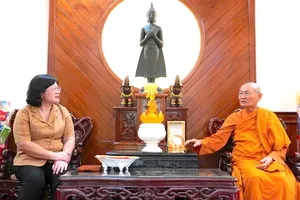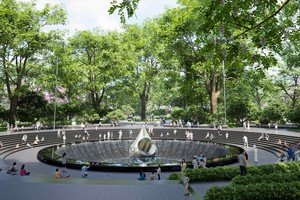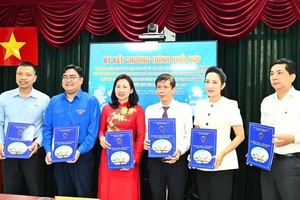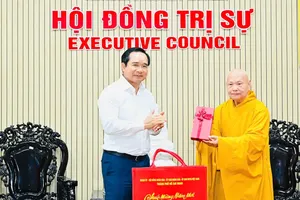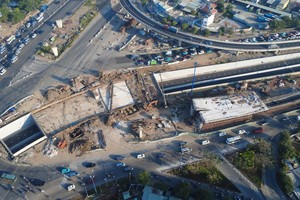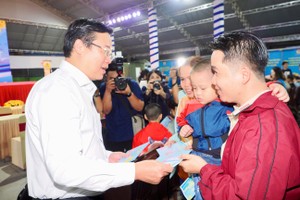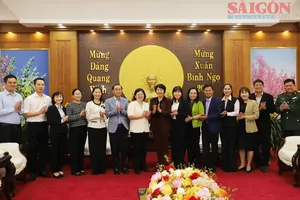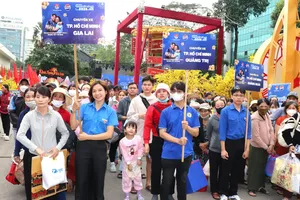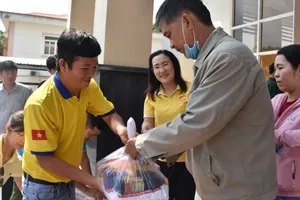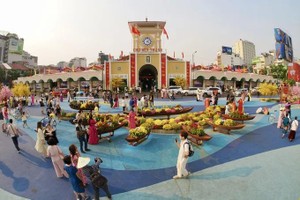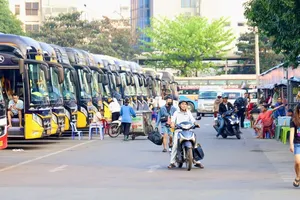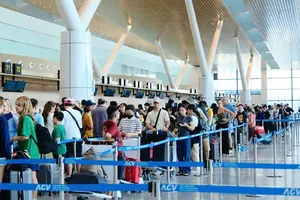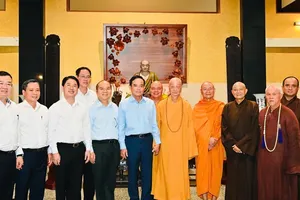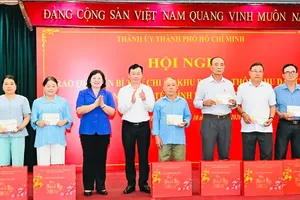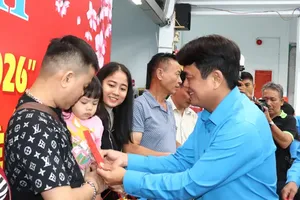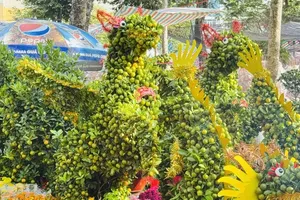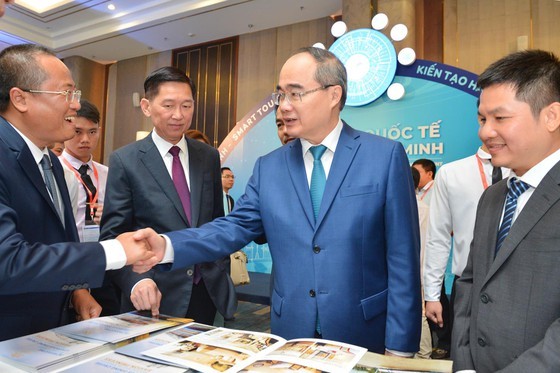
Not only the city and travel companies but also residents must get benefit from the smokeless industry, said Mr. Nhan.
Professor Perry Hubson of Malaysia Sunway University cum Editor-in-Chief of Journal of Vacation Marketing said that the appearance of tourism 4.0 and smart technologies will facilitate cities' change into innovative ones; thereby, tourism destination and travel companies will be beneficial of the industry provided that these above-mentioned factors must be connected in big smart cities.
As a result, Professor Perry Hubson noted the building and sharing database software of tourism in the way to develop smart tourism.
Agreeing with him, Professor Rodolfo Baggio of Italian Bocconi University said that more and more people use smart tourism technologies; hence, building smart database system of tourism destinations will give travelers a chance to experiences.
Regarding solution, Professor Rodolfo Baggio noted skilled personnel to use advanced technologies in addition to application of smart technologies.
Participants petitioned city authorities to have proper mechanism to operate technologies and encourage young people to use the new tourism technologies.
Mentioning the other aspect of the issue, Director of Italian SCE Project Asia Luigi Campanale advised HCMc authorities to make best use of historic and cultural buildings plus technologies for a sustainable tourism. Holiday-makers will spend much without bargain on experiencing cultural and historic buildings, said Luigi Campanale.
In the viewpoint of Luigi Campanale, HCMC has many ancient buildings which can attract visitors to flock to. Therefore, the city should connect old factors and new factors by introducing ancient buildings and amusement places, commercial centers with local specialities in its tourism promotion program.
Luigi Campanale especially took heed of Gia Long Palace, or the Museum in District 1 because it can become an unique tourism product of HCMC.
Presently, the number of international tourists to HCMC makes up half of the country. Party Chief Nhan accordingly pointed out the smokeless industry will be the city’s significant industry to contribute to economic growth.
He lauded the opinions of experts from the world saying that the city will continue listening to experts’ opinions upon the matter to complete its tourism development strategies by 2025 with the vision to 2030.
Sharing the city’s smart city project, Mr. Nhan said that HCMC is focusing on information urban development including e-government, database system, socio-economic forecast and simulation center, smart management center and safe information center.
He revealed that the city’s smart tourism plan is based on tourism strategy and smart city project.
He ordered the municipal People’s Committee to complete the tourism development strategy comprising of two key factors. Tourism in HCMC must be connected with the Mekong delta and smart tourism.
He noticed that lessons and failures of other countries during tourism development and the role of administration and enterprise must be added in the strategy.
Additionally, smart tourism must ensure that the social and economic benefit of tourism was at the heart of the strategy, Mr. Nhan said; tourism overexploitation many cause impacts on locals’ lives; hence, it is likely that residents will oppose.
He took the Netherlands as an example. The Netherlands tries to control tourism boom to curb negative impacts; accordingly, in its strategy for tourism development, benefit of dwellers must be on top priority. Authorities must listen to residents’ opinion while building the strategy, he noted.
Related articles:

